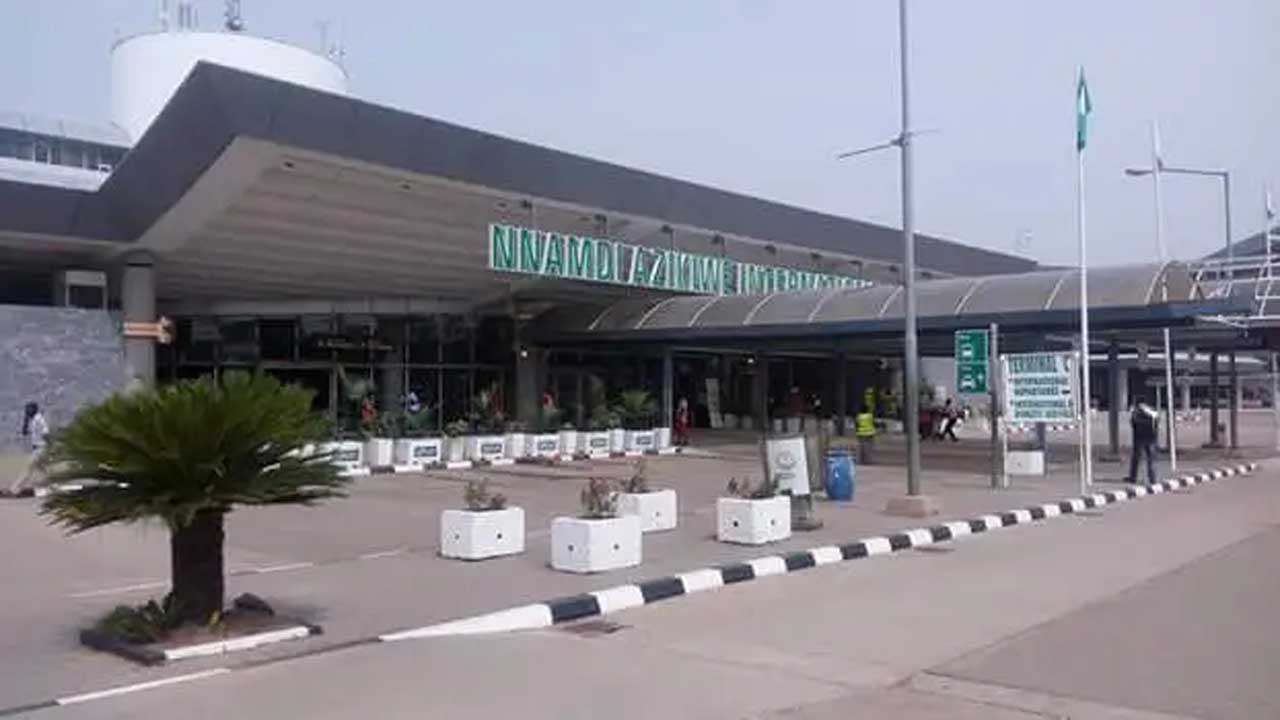
They noted that while the roadmap suffices as operational guidelines for airport development, an overarching master plan of policy document should outline local needs within international trade and regulations, for sectoral development and sustainable growth.
Recall that the Aviation Roadmap is the initiative of the Minister of Aviation, Hadi Sirika, which was unveiled to stakeholders in Lagos and Abuja in 2016. The “developmental agenda”, aimed at “transforming” the sector, has deliverables like a new national carrier, concession of airports for efficiency, Maintenance Repair and Overhaul (MRO) facilities to curb capital flight, and aircraft leasing companies to serve local operators. Besides the trio of Lagos, Abuja and Kano airports that recently got designated concessionaires, none of the other deliverables have seen light of the day in six years.
Aviation development consultant, Fortune Idu, told The Guardian that the handlers did well with the roadmap to help direct development within a specific period of time.
Idu said: “I think when the minister came in, he found out there was nothing like an aviation roadmap. He needed something to guide his own vision in delivering his ambition and goals for the aviation sector. Now, I hear the Nigeria Civil Aviation Authority is thinking of developing an aviation master plan to integrate the roadmap, and that is the next phase to go,” he said.
Idu, who also doubles as the Chairman of Nigeria Aviation Award (NIGAV), added that developing a master plan starts with an ambition or concept of what an airport is supposed to do.
“If you want an airport to become a regional hub, you have to think about it from the beginning. In preparing a master plan, a lot of forecasts are important. How the people are growing, the kind of commerce that you have, the region that the airport is going to be situated, and the type of transport services that you expect the airlines to carry out.
“For instance, we are talking about the single air transport market, which means we are looking at very strong regional competition. So, Nigeria needs to think about which locations will become our air transport hub, which has to be tied to the commercial viability of that area. The aviation master plan is very crucial to the development of the airport. And a master plan should be a living bible for airport development for at least 25 years.”
He observed that the current situation of congested few viable airports amid vastly underutilised others are concomitant to lack of a master plan.
Part of the consequence is inefficiency and loss of revenue ranging between 25 to 50 per cent. “This is because you cannot optimise available capacity. It is easier to optimise when you have a plan. Optimisation comes with upgrades when you have a plan but when you don’t have a plan, you almost have to either destroy or relocate. During this process, there are losses that you incur,” Idu said.
Apparently in agreement, Chief Executive Officer (CEO) of Topbrass Aviation, Capt. Roland Iyayi, said the current narrative could have been different where the aviation policy is right to catalyse economic growth.
Iyayi noted that Kenya and Ethiopia had similar challenges as the Nigerian aviation sector, but are least complaining because they have designed their policy framework for the development of their natural economy.
“The policy we operate in our sector is not suitable for the development needs of the country. You don’t set up aviation because you can, but to catalyse the growth of the country. All our airlines are operating into a finite market; and that is the same thing we have been saying in the last 10 years. There is a need to address the policy to support growth of other aspects of the economy – tourism, extractive industry and so on,” Iyayi said.



